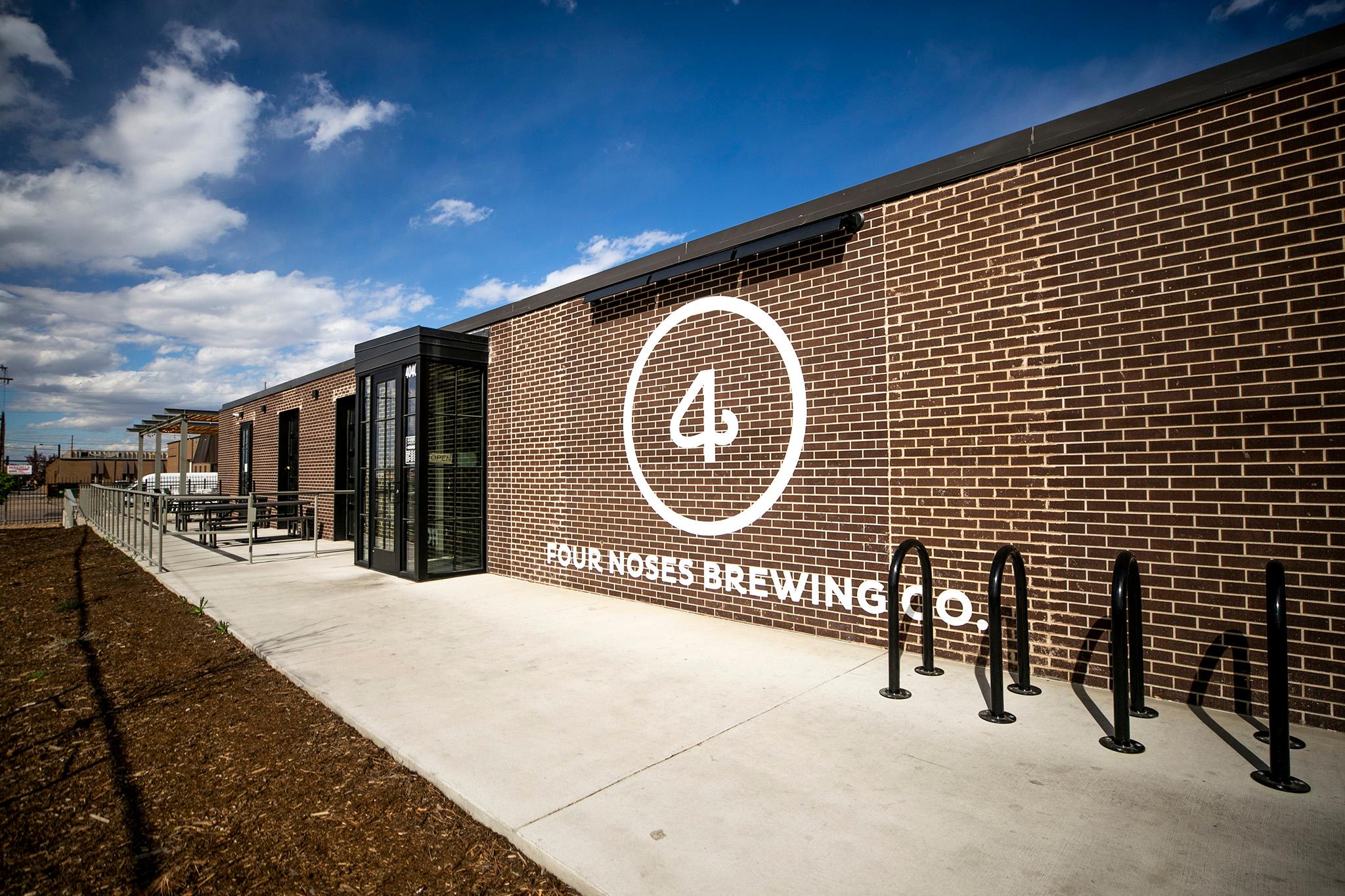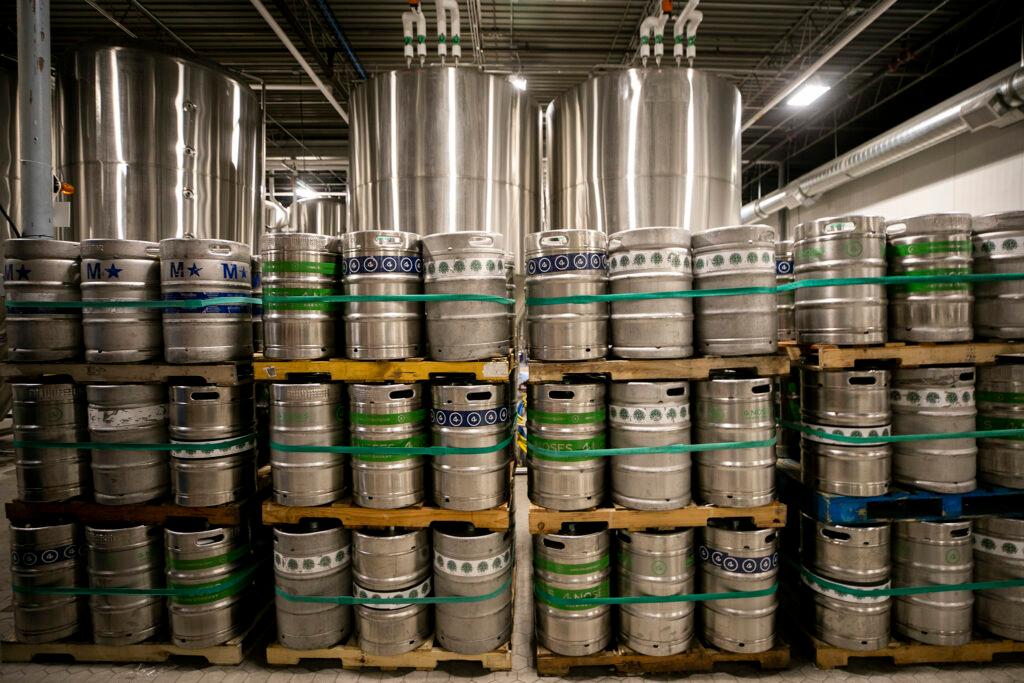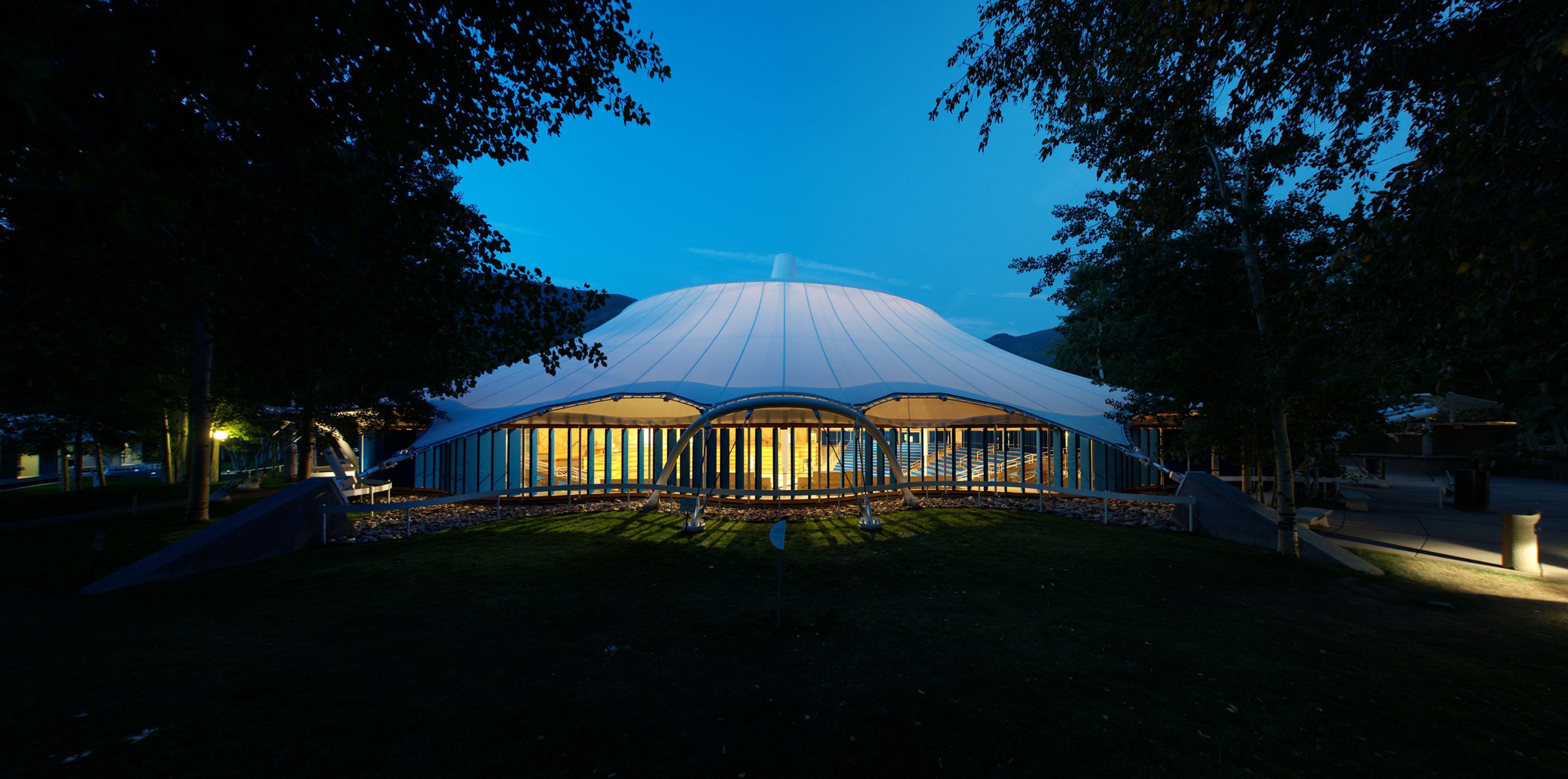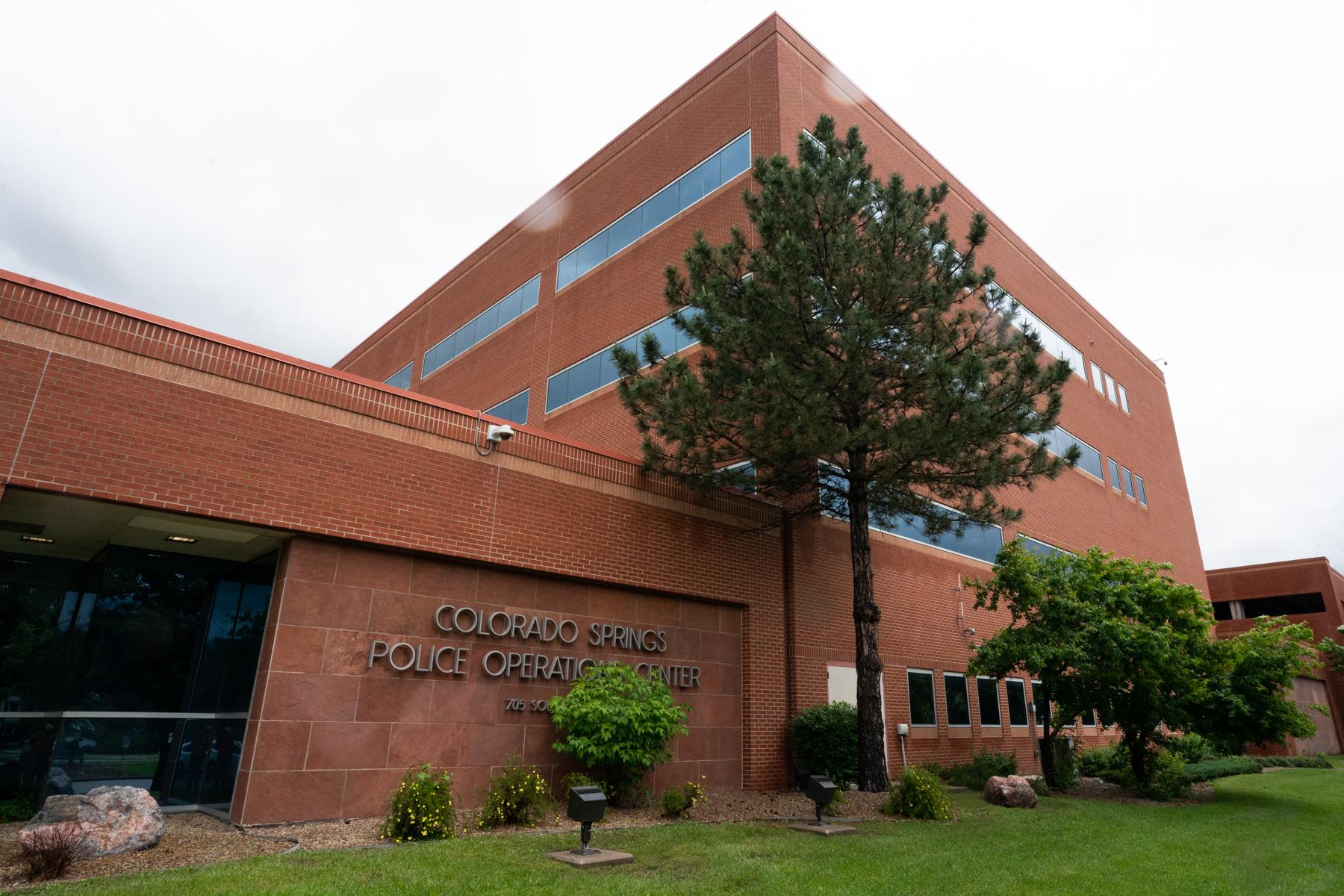
President Donald Trump’s erratic tariff policy is whipsawing Colorado’s entrepreneurs.
“Predictability matters,” Sen. John Hickenlooper said Tuesday during a press conference with business owners at 4 Noses Brewing Company in Denver. “Being able to count on your relationships with your supply chain, your wholesalers, your retailers, to build a business. Those are the essential characteristics and we’re losing that literally in the blink of an eye.”
No corner of the state’s business ecosystem is untouched by President Trump’s on-again-off-again approach to levying tariffs. Hickenlooper was joined by representatives from a diverse set of Colorado companies, including a pet food manufacturer, a craft brewery, an environmental equipment manufacturer and a machine part manufacturer.
“Our material costs increased by 25 percent, which ultimately I'm sure will be more,” said Grady Cope, CEO of Englewood-based Reata Engineering and Machine Works. “As we go through this, we'll have shortages because people will start probably overbuying materials … which will make things worse … I wish everything was made here, but that’s just not going to happen in the economy, in the world we’re in today.”
Identity Pet Nutrition, based in Windsor, manufactures its products in Canada because it’s nearly impossible to get the high-quality ingredients it’s looking for in the U.S., according to CEO Jeremy Petersen.
“We're able to source ingredients in Canada that are glyphosate-free, that's more commonly known as Roundup. We're able to get free-range hormone- and antibiotic-free and GMO-free ingredients, which, if you know about the pet food industry in America, it's dominated by the rendering industry, which is byproducts of the cattle industry,” Petersen said.
Prices at retail are going up 6 percent on June 1 to account for the uncertainty created by the tariffs, Petersen said.
Denver-based Geotech was able to pull orders forward to get ahead of some tariffs. But that’s not a permanent solution, and it creates a different set of problems, said CEO Jeff Popiel.
“We've spent all the cash we can to bring in key components to this country that we did get in before Jan. 20, but we've tapped out a huge impact on inventory space, huge impact on cash flow, huge impact on financing and cash,” Popiel said.
The World Trade Center Denver, a trade consultant and advocacy group for Colorado businesses, found that steel and aluminum tariffs alone could result in a $35 million tax on the state’s businesses.

Colorado’s breweries are especially vulnerable to aluminum tariffs because they sell beer in cans.
“The challenge for us is whenever we buy cans, we buy them by truck. Our fastest-selling product goes through about one truck in three months, so that's a huge supply to pre-buy or to a warehouse year's worth of supply,” said Tommy Bibiowicz, CEO of 4 Noses Brewing Company. “We also don't really have confidence that it's worth tying up so much capital in four or five additional trucks because we don't know … if the pricing will change.”









